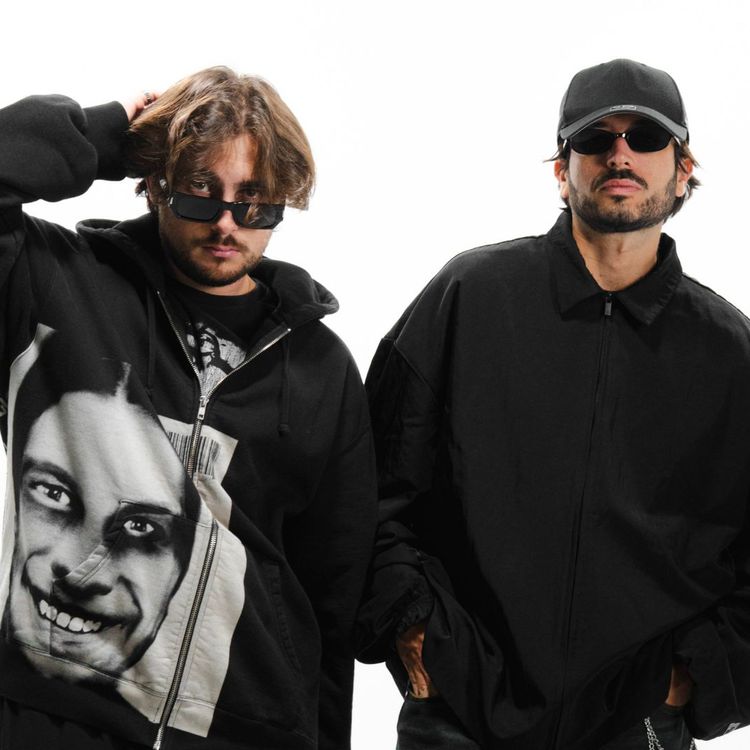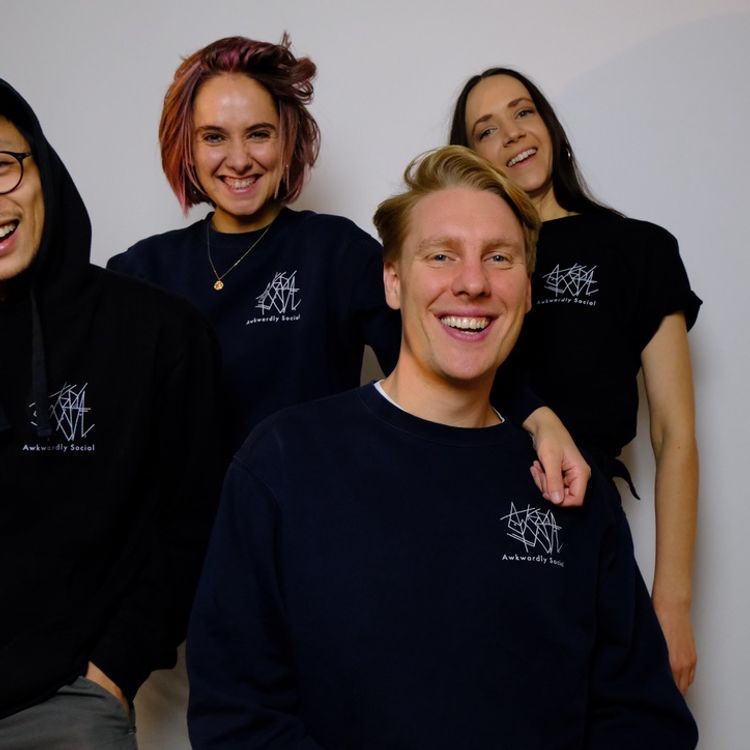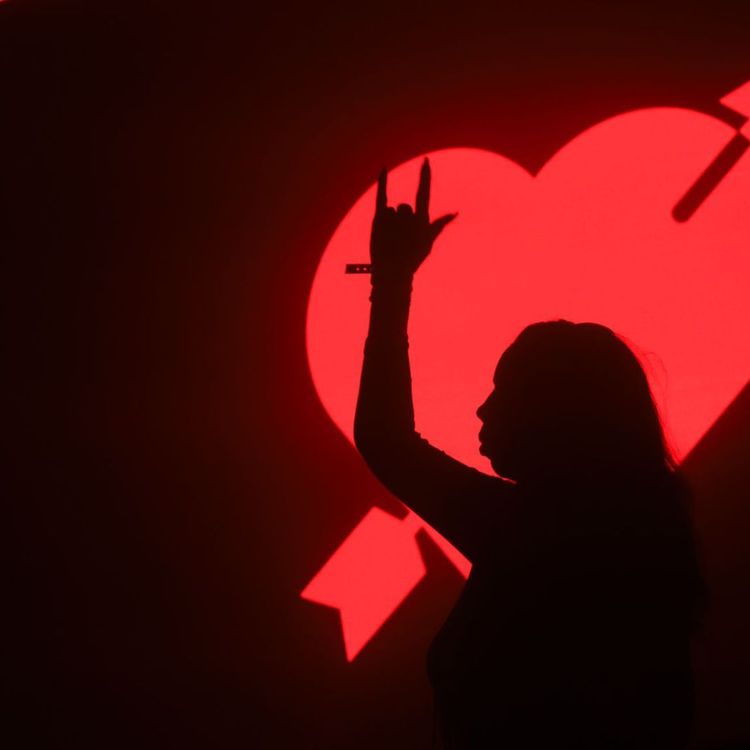From Vinahouse to Techno: Vietnam’s Complicated History with Dance Music
Dance music planted its seeds in cities like Chicago and Detroit, and with its all-inclusive ethos and ability to bring people together, the genre made its way to every crevice of the world. Once house and techno reached Europe, electronic dance music (or EDM) was born. English composer Richard James Burgess first used “electronic dance music” to describe his single “European Man.” The now commodified and catchily-named genre spread like wildfire, and by the late ’90s, EDM made its way to Vietnam, which bred their own subgenre, Vinahouse.
The name Vinahouse signified Vietnam’s unbreakable ties to the country’s culture: Vina, which is short for Vietnam, combined with house music. DJs began remixing popular Chinese and Vietnamese songs with a simple but memorable beat full of high-energy and a bombastic four-on-the-floor beat. Credited as the first Vinahouse song, “999 Roses” remixes by DJ Thái Hoàng and DJ Nam Tào created the sound we now know as Vinahouse.
DJ Hoàng Anh was the first Vinahouse DJ to successfully give global attention to Vietnam’s dance music. In 2004, Tiesto chose him as the first winner of the Heineken DJ Contest. DJ Hoàng Anh frequently represented Vietnam in contests around Asia, garnering him the title as “The King of Vinahouse.” Even with the bedazzling title, he has acknowledged throughout his career that it’s a difficult lifestyle. In a translated interview with Zing news, he says, “However, to live with the profession and make a mark in the world and with the audience is not easy, the same is true of any profession, not just DJ.
The beautiful thing about rave culture is that you can escape from reality, meet amazing people, and dance the night away. But if you pull back the curtains, the glaring issues in the industry remain the same no matter what country you live in. And once Vietnam’s nightlife began to attract international attention, the scene shifted in ways that made the country’s dance music scene a bit more complex.
A Saigon-based promotion company and collective called Heart Beat is credited with pioneering the techno movement in 2012. Made up of international DJs from Germany, Thailand, France, and Vietnam, Heart Beat wanted to bring Detroit techno and Euro tech house to Vietnam by throwing events that showcased global and local talent.
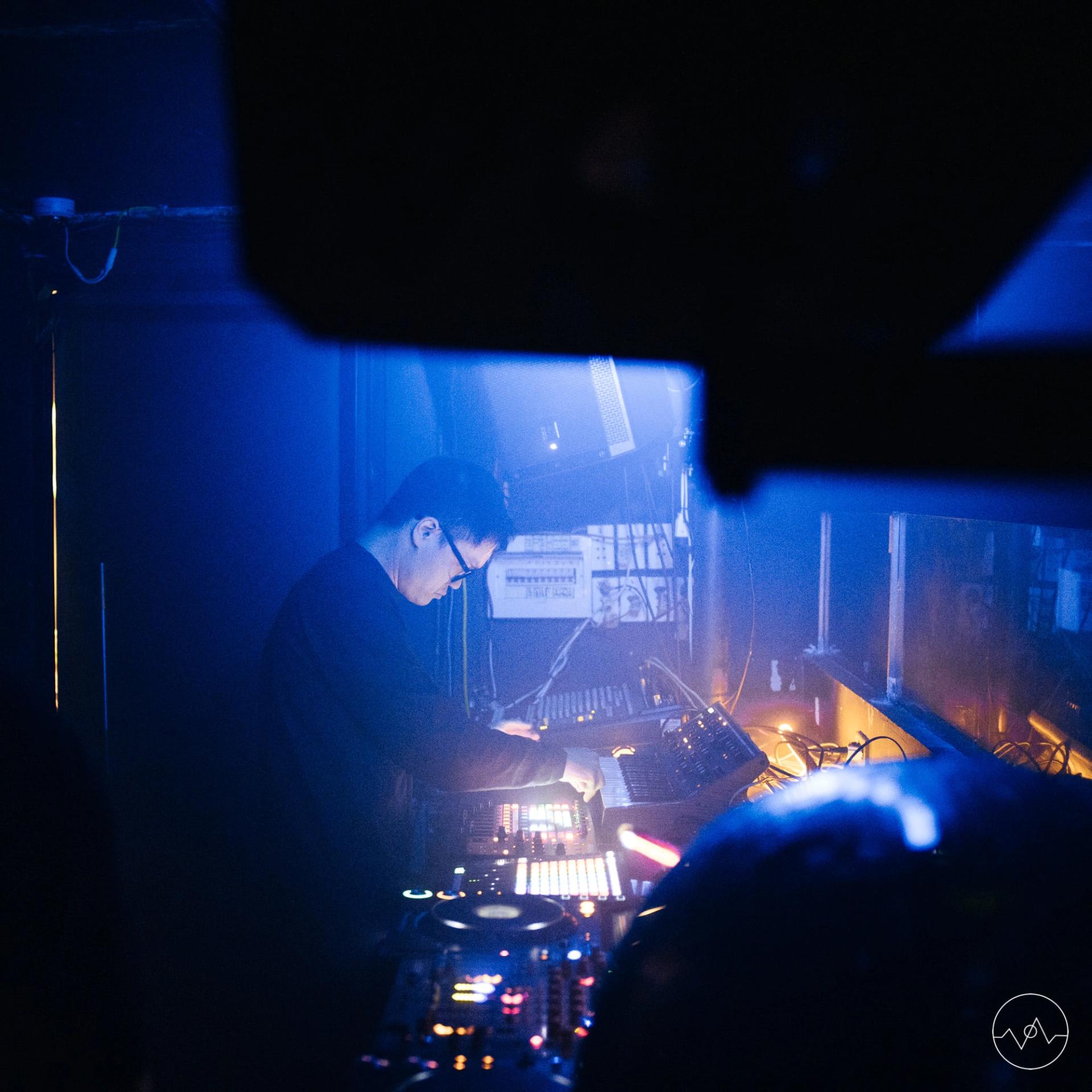
DJ Mag reports, “In recent years, the few underground music events available typically followed strict ‘only house and techno’ policies and focused on attracting expats who could afford the entry fee.” Though looking through Heart Beat’s Resident Advisor page, their standard ticket price is usually 150k Vietnamese Dong ($6.62 USD), and they also offer free entry before 10 pm.
In a 2015 piece on VICE’s now-defunct THUMP, Heart Beat expressed that throwing the parties wasn’t easy. Heart Beat cofounder Paul Tonkes said, “We’d have to give them [the Ministry of Culture and Tourism in Vietnam] a list of every track a DJ intended on playing, which we would make up because you never know what a DJ is going to play. It would end up being $300 to $500 for the night just for copyrights. That’s not the money going to the artist, either.”
Giving out tracklists for techno parties was virtually unheard of, but it was one of the rules the Ministry ordered to gain an event license. There were also midnight curfews—which Heart Beat didn’t abide by—making their parties doubly illegal.

Bringing international talent to the forefront of Vietnam nightlife was a mission for promoters like Heart Beat. The German Consulate sponsored the crew. And members of the collective included people not local to Vietnam. Some Vietnamese DJs feel that this emphasis on transplants rather than the true local scene has proven problematic.
Cuong Pham, whose artist name is Phambinho, tells DJ Mag, “I know of people who have been kicked off the decks or out the clubs for violating the ‘standards’ of these gatekeepers.” He also says its “sính ngoại,” an expression similar to xenophilia, an attraction to foreign cultures or customs.
Now taking the forefront of Vietnam’s nightlife is Saigon party collective Nhạc Gãy. French-Vietnamese founder Anh Phi tells Dazed, their goal for the club night was to fill “a gap in the market and the need to develop a local rave scene.” They wanted to do so without constraints. She adds, “We don’t subscribe to convention, or at least we try not to. Gãy is a way of saying that, when everything is broken, it’s OK.” Gãy translates to “broken,” but is a beautiful double entendre for its LGBTQ focus.
Unlike previous worries about revenue, Anh Phi says, “We were never in this for the money. Without a fixed venue and the costs attached to that, we didn’t have the financial pressure others faced.” And with no focus on one dance music genre, they were able to attract the eclectic and expressive crowd of Ho Chi Minh City.
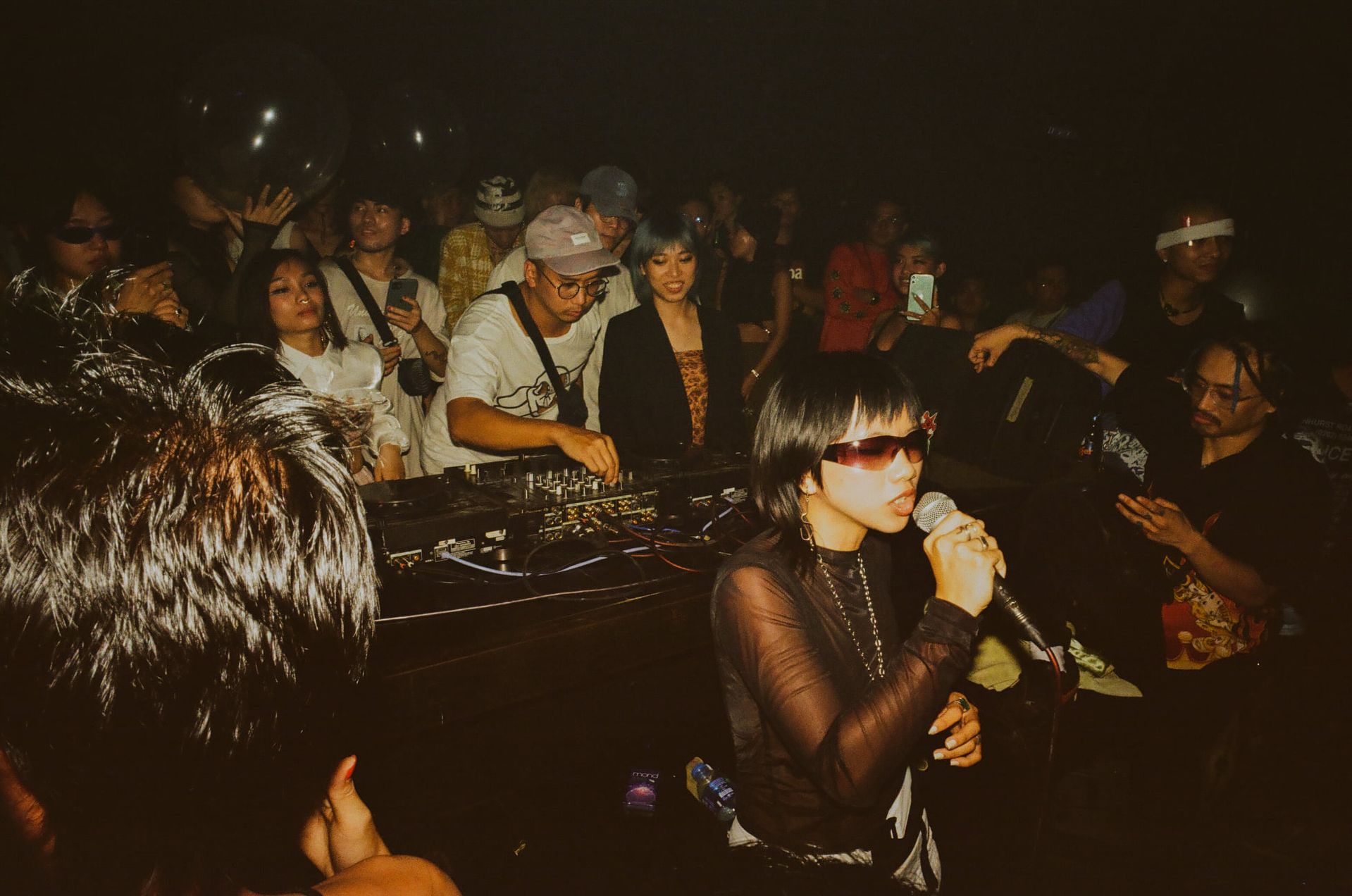
But Phi wasn’t only veering off from close-knit event-throwers in the scene, Nhạc Gãy also wanted to distance itself from the formulaic Viahouse. So around this time last year, the collective released a club compilation full of Vietnamese artists that “reflected more on what could be modern Vietnamese club music.” However, they don’t wholly reject the country’s electronic music roots in the compilation, even opting to include some of the playful genre.
Electronic music tourism still seems to be a budding industry for Vietnam, especially in places like Ho Chi Minh City. And while they might not have the festival circuit that its neighbors in Thailand and Hong Kong might have, dance music continues to thrive. In a scene so young compared to the US and Europe, it’ll be interesting to see how Vietnam’s scene will continue to develop in the coming years.



